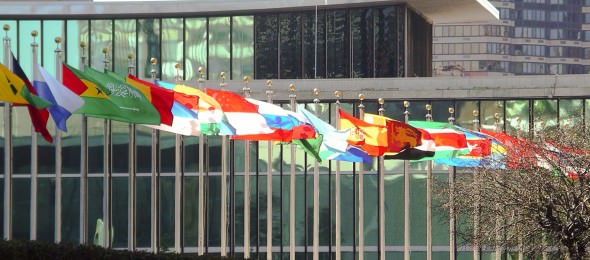S.I. Strong, Associate Professor of Law and Senior Fellow, Center for the Study of Dispute Resolution at the University of Missouri recently authored, Discovery Under 28 U.S.C. §1782: Distinguishing International Commercial Arbitration and International Investment Arbitration, 1 Stanford Journal of Complex Litigation (2013), Forthcoming; University of Missouri School of Law Legal Studies Research Paper No. 2013-10. In her article, Professor Strong discusses the changing role of discovery requests pursuant to 28 U.S.C. Section 1782 in international arbitration disputes.
Here is the abstract:
For many years, courts, commentators and counsel agreed that 28 U.S.C. §1782 – a somewhat extraordinary procedural device that allows U.S. courts to order discovery in the United States “for use in a proceeding in a foreign or international tribunal” – did not apply to disputes involving international arbitration. However, that presumption has come under challenge in recent years, particularly in the realm of investment arbitration, where the Chevron-Ecuador dispute has made Section 1782 requests a commonplace procedure. This Article takes a rigorous look at both the history and the future of Section 1782 in international arbitration, taking care to distinguish between requests made in the context of international commercial arbitration and requests made in the context of international investment arbitration. In so doing, the Article considers issues relating to grants of jurisdiction, state interests and standard interpretive canons.
This and other scholarly articles written by Professor Strong may be downloaded from the Social Science Research Network.











